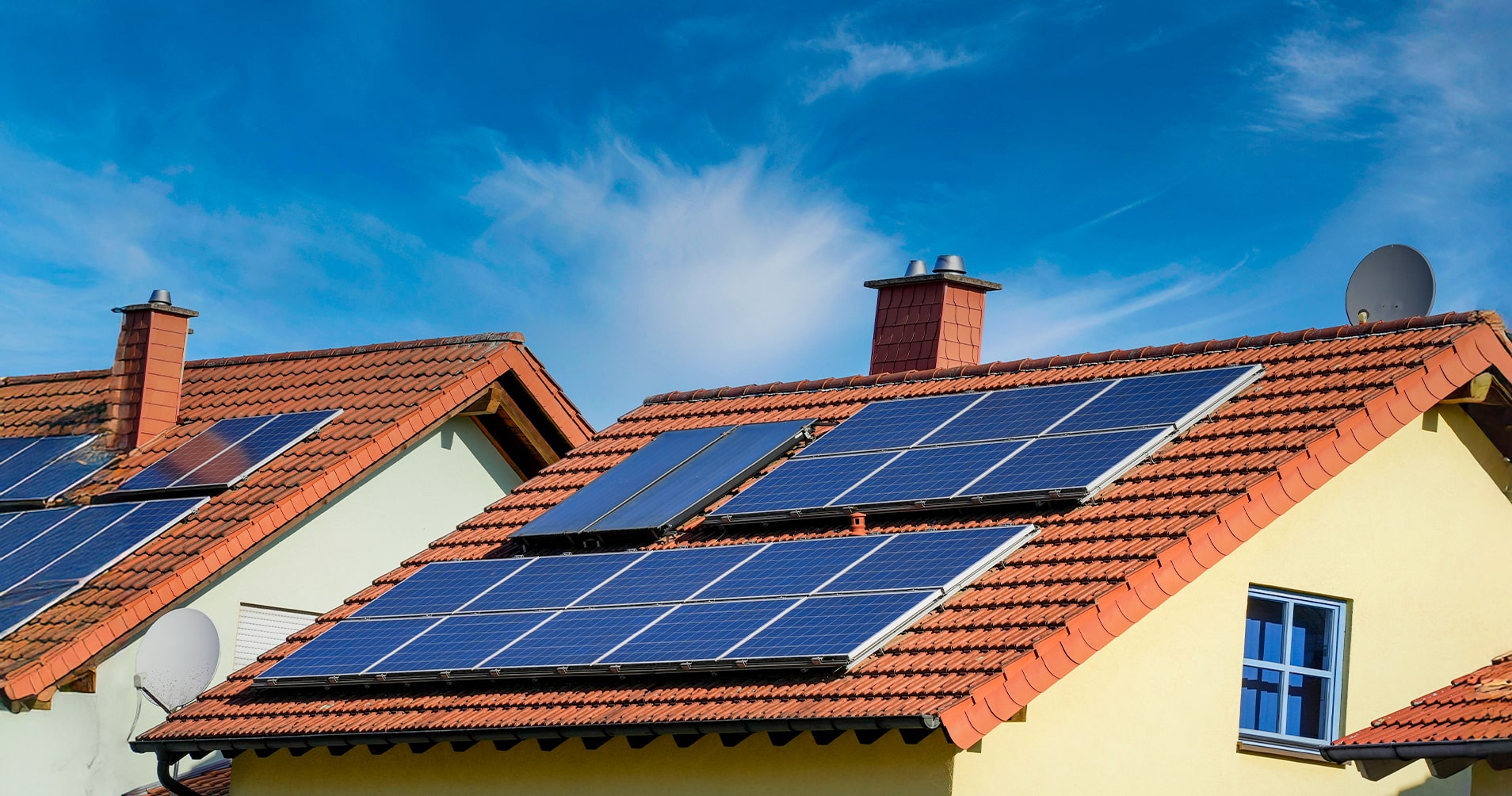Hyundai Motorstudio Senayan Park
Hyundai Motorstudio Senayan Park
Newsroom
The official news from Hyundai Motorstudio Senayan Park and a collection of innovative articles on mobility and sustainability here.
-
Solar Cells and The Benefits of Renewable Energy
- Hyundai Motorstudio Senayan Park Senayan Park 2024.11.07
-
Have you ever heard of solar panels? These panels, often installed on building roofs or open areas, collect and convert solar energy into electricity. A solar panel consists of a series of electrically connected solar cell modules. Let’s learn more about what solar cells are, how they work, and the benefits and innovations of solar cells already present in Indonesia!
What Are Solar Cells, and How Do They Work?
Solar cells, or photovoltaic cells, are devices that convert sunlight energy into electrical energy. The working principle of solar cells utilizes the photovoltaic effect, namely the ability of semiconductor materials (such as silicon) to produce an electric current when exposed to light.
Solar cells consist of two layers of silicon that have opposite electrical charges (positive and negative). When sunlight shines on the surface of a solar cell, photons in the sunlight hit electrons in the silicon, causing the electrons to "break away" from their atoms and produce an electric current. This current is then channeled to an electrical circuit to be used as electrical energy.
Simply put, solar cells act like mini power plants that work whenever there is sunlight. The more sunlight it receives, the more electricity it produces. Therefore, the use of solar cells is very efficient in tropical countries, including Indonesia, which has abundant sunlight throughout the year.
Benefits of Solar Cells and Saving Electrical Energy at Home
Installing solar cells at home does sound interesting, especially if you want to reduce dependence on conventional electricity while contributing to the environment. Here are some of the main benefits of using solar cells at home:
1. Save Electricity Costs
One of the main advantages of using solar cells is that it saves electricity costs. Once the solar cell system is installed, the electrical energy produced can be directly used for daily needs, such as lighting, electronic devices, and air conditioning. In many areas, the use of solar cells can even reduce monthly electricity costs by up to 50–70%.
2. Environmentally Friendly
Solar energy is a pollution-free energy source, different from conventional power plants which produce carbon emissions and greenhouse gases. By switching to solar cells, we can reduce our carbon footprint and help reduce the impact of climate change.
3. Long-Term Investment
Even though the cost of installing solar cells is quite large, the benefits can be felt in the long term. Solar cell systems can last up to 25 years or more with good care. During this period, you can enjoy free electrical energy from sunlight.
4. Independent and Sustainable Energy Sources
By having a solar cell system, your home can become more independent in meeting energy needs. Especially in times of emergency or when there is a power outage, solar cells can be a reliable backup energy source. Apart from that, this energy source is very sustainable because sunlight is a resource that will not run out.
Various Examples of Solar Cell Innovation in Indonesia
Indonesia, as a tropical country, has great potential to develop and utilize solar energy. Several innovations and applications of solar cells in Indonesia have had a positive impact on efforts to use renewable energy in society. Here are some examples:
1. Policies Regarding Solar Panels in Households and Companies
In recent years, the use of solar panels in homes and office buildings has become increasingly popular in Indonesia. The Indonesian government, through several policies, is trying to support the use of renewable energy. One is through the Minister of Energy and Mineral Resources Regulation regarding rooftop solar power plants (Rooftop PLTS) for PLN consumers, both in the household, business, and industrial sectors. This policy aims to reduce dependence on fossil energy and expand access to renewable energy in various sectors.
One real example of the application of renewable energy in a large industry is Hyundai Motor Manufacturing Indonesia (HMMI). Through collaboration with PLN, HMMI adopted a Renewable Energy Certificate (REC) to meet its factory's electricity needs from renewable energy sources. Since installing a 3.2 MW photovoltaic system in 2021, HMMI has converted some of its energy consumption to solar energy to support the Sustainable Development Goals (SDGs) related to climate change.
2. Construction of PLTS (Solar Power Plants) for Remote Areas
One of Indonesia's challenges is access to electricity in remote areas. The Indonesian government, through the PLTS (Solar Power Plant) project, has helped people in remote areas get access to electricity at affordable costs. These PLTS are often placed on small islands or areas that are difficult to reach by conventional electricity networks, providing local communities with the opportunity to experience the benefits of solar energy.
The Future of Solar Energy in Indonesia
With increasing public awareness of the importance of renewable energy, the future of solar energy in Indonesia is very bright. Apart from helping reduce carbon emissions, the use of solar cells can also be an economic opportunity for society. By understanding the benefits and opportunities offered by solar cells, we can push Indonesia towards an environmentally friendly and energy-independent future together.




